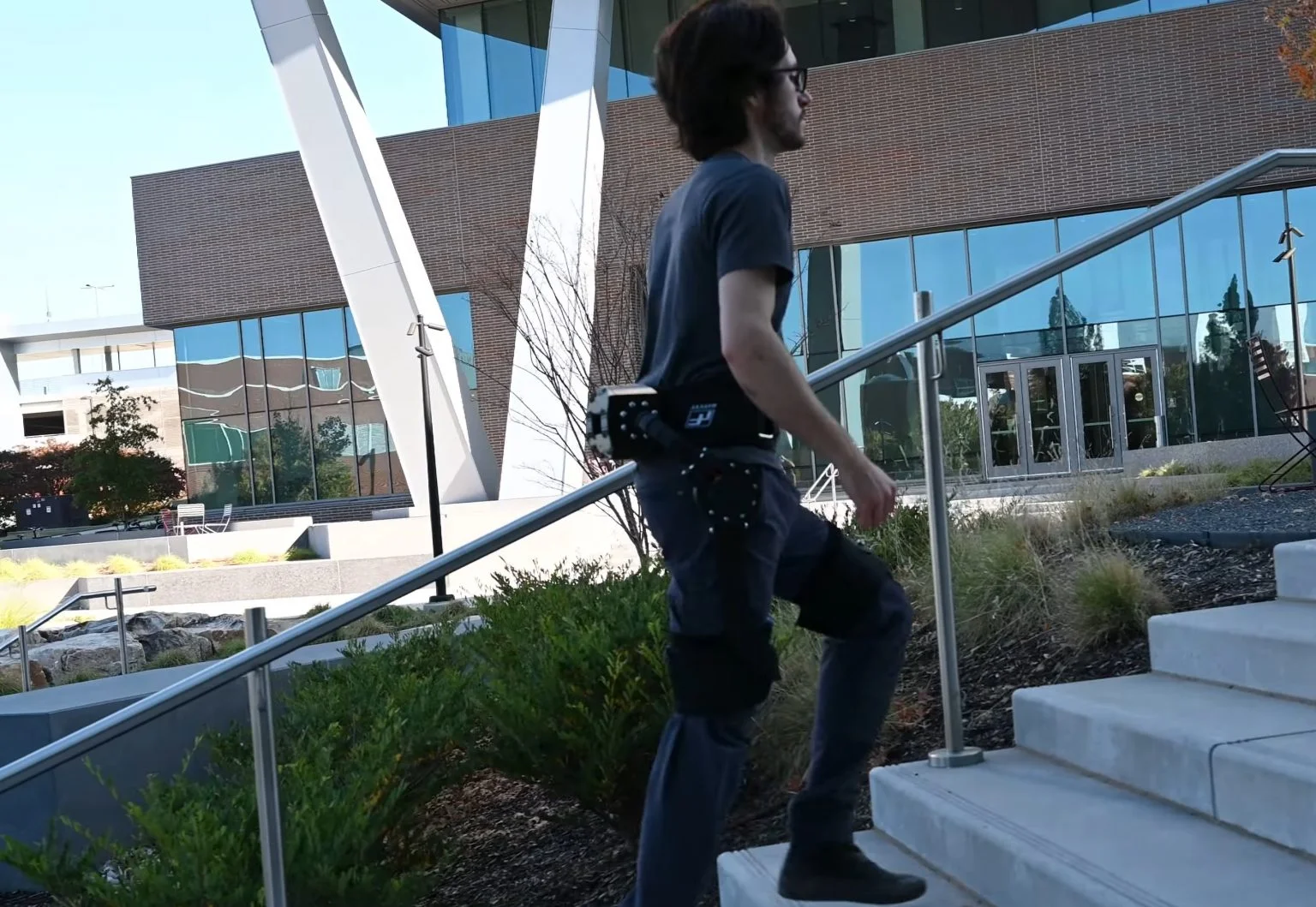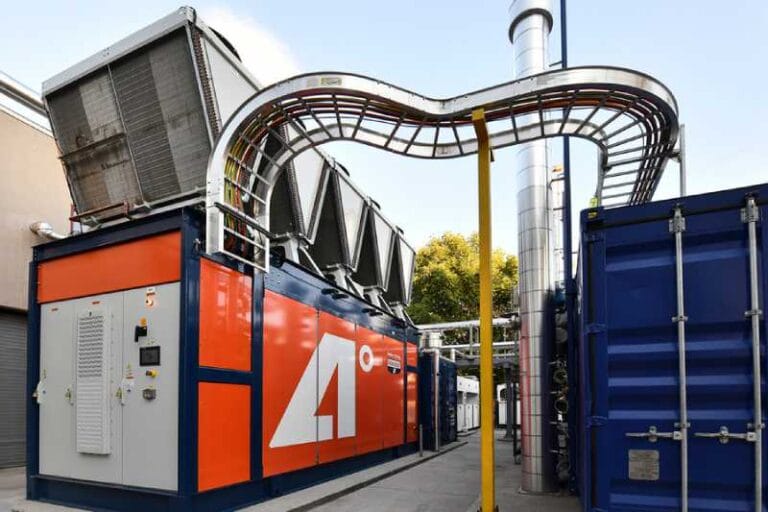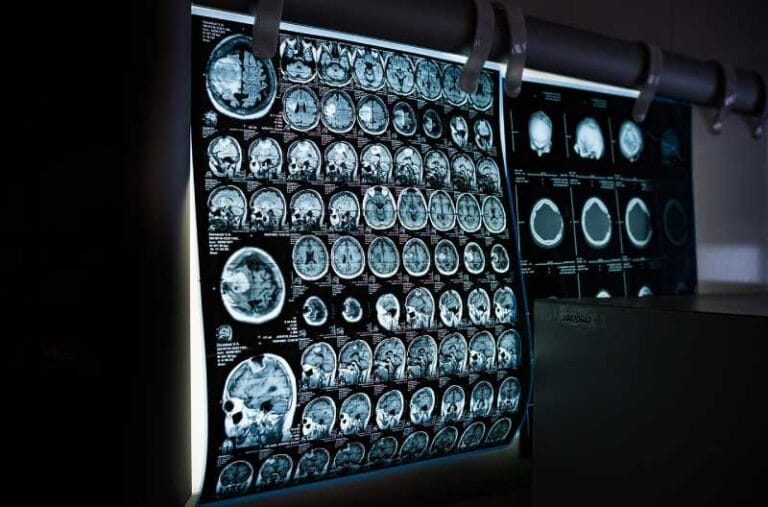New exoskeleton that helps you walk and run with AI

Scientists at North Carolina State University in the United States have developed an innovative exoskeleton equipped with artificial intelligence, designed to help with various daily tasks, such as walking and running. The equipment uses AI to automatically interpret and adapt to the user’s needs, providing a personalized and effective experience.
Functionality and Adaptation of the Exoskeleton
According to information published by ArsTechnica, the exoskeleton uses the power of AI interpretation to perform routine tasks, automatically adjusting the software to the user’s profile. This facilitates activities such as walking, running and even carrying loads, complementing the force exerted by the user’s body. The exoskeleton’s AI predicts the user’s movements and surroundings, working almost like an extension of the human body.

When first used, the exoskeleton may appear to be “pulling” the user’s leg to anticipate their movements, as explained by Ivan Lopez-Sanchez, one of the members of the development team. However, with time and continuous use, the user adapts to the equipment, resulting in synchronized and natural movement.
Training and Applications
The training of the exoskeleton is entirely virtual, eliminating the need for simulations in real scenarios, such as those carried out on treadmills with humans. Dr. Hao Su, another researcher responsible for the project, mentions that the exoskeleton “only needs to be trained on a computer for about eight hours”. After this period, the user is able to perform a range of activities, including walking, running and climbing stairs.
This equipment is especially useful for people with reduced mobility, such as the elderly and disabled, who could benefit from specific training to use the exoskeleton. The research team is committed to developing new models and improving the comfort of the exoskeleton for users.

Costs and Accessibility
Currently, this exoskeleton costs approximately US$10,000 to build. However, the development team is working to reduce costs and make the equipment more accessible to the general public. Dr. Su stresses the importance of making this technology cheaper and, consequently, available to a greater number of people who can benefit from its functionalities.
The artificial intelligence exoskeleton developed by North Carolina State University represents a significant advance in the field of assistive technology, offering an innovative solution to improve the mobility and quality of life of its users.






